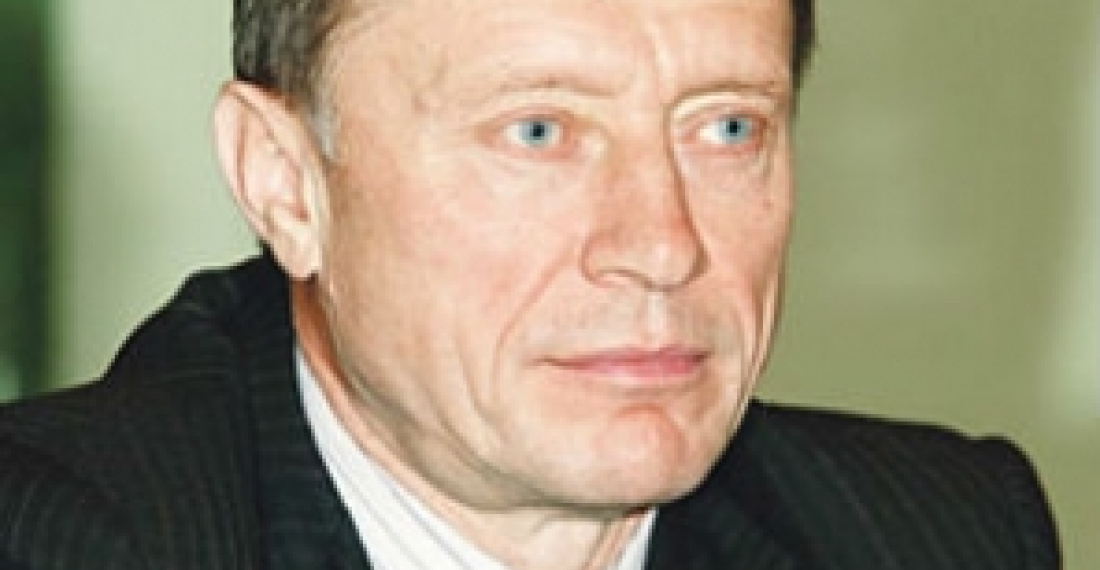A meeting of the Joint Chiefs of Staff (JCS) of the armed forces of the CIS member states and a meeting of chiefs of the General Staffs of the armed forces of member states of the Collective Security Treaty Organisation (CSTO) was held at the Defence Ministry of the Kazakh Republic in Astana on April 5.
First deputy minister and chairman of the Joint Chiefs of Staff of the Kazakh Defence Ministry, Colonel- General Saken Zhasuzakov, chaired the meeting.
Delegations from the general staffs of Azerbaijan, Armenia, Belarus, Kazakhstan, Kyrgyzstan, Russia, Tajikistan and Ukraine were involved in the work of the JCS CIS. The meeting of the CSTO Joint Chiefs of Staff will be attended by delegations from Armenia, Belarus, Kazakhstan, Kyrgyzstan, Russia and Tajikistan.
Joint Chiefs of CIS Armed Forces Staffs and Chiefs of CSTO Armed Forces of General Staffs meet in Astana
Joint Chiefs of CIS Armed Forces Staffs and Chiefs of CSTO Armed Forces of General Staffs meet in Astana







